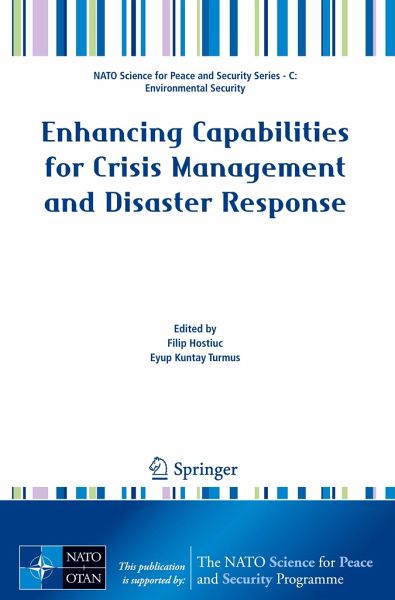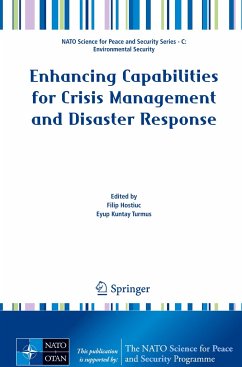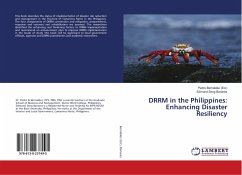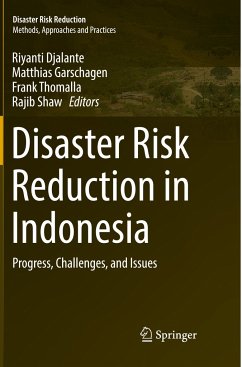
Enhancing Capabilities for Crisis Management and Disaster Response
Versandkostenfrei!
Versandfertig in 6-10 Tagen
119,99 €
inkl. MwSt.

PAYBACK Punkte
60 °P sammeln!
Science for Peace and Security (SPS) cooperation brings together NATO & partners to address common security concerns reflected in the so-called SPS Key Priorities. These include emerging security challenges such as terrorism, cyber defense or energy security, as well as human and social aspects of security, support to NATO-led mission and operation, advanced technologies with security applications, and early warning. The SPS project "Advanced Civil Emergency Coordination Pilot in the Western Balkans" addresses several of these areas. As a key regional SPS flagship project, it helps to build ca...
Science for Peace and Security (SPS) cooperation brings together NATO & partners to address common security concerns reflected in the so-called SPS Key Priorities. These include emerging security challenges such as terrorism, cyber defense or energy security, as well as human and social aspects of security, support to NATO-led mission and operation, advanced technologies with security applications, and early warning. The SPS project "Advanced Civil Emergency Coordination Pilot in the Western Balkans" addresses several of these areas. As a key regional SPS flagship project, it helps to build capacity in response to a concrete security challenge. The Western Balkans is a region frequently affected by natural disasters and the pilot project provides emergency responders in the region with an incident command system that allows sharing information about disasters in a fast and easy way, enhancing situational awareness and building capacity in the area of civil emergency coordination.














